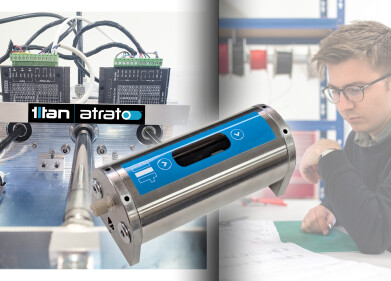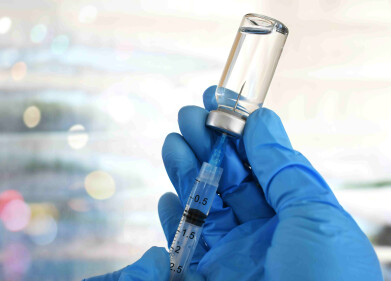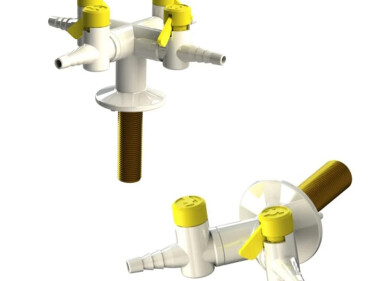Laboratory products
New and Improved Cervical Screening System Promises Greater Reassurance to Women in London
Oct 31 2007
The introduction of this new system means that women in these areas of London will benefit from the latest technique for preparing and screening cervical smear samples. It increases the chances of detecting important abnormalities of the cervix (neck of the womb), which, if left untreated, may eventually lead to cancer.
Barts and The London NHS Trust was one of the first hospitals in the capital to start using the ThinPrep® method. The Trust's cytology laboratory at The Royal London Hospital in Whitechapel is home to a fully automated processing instrument, called the ThinPrep 3000®, supplied by Cytyc UK Ltd, which should significantly improve the screening services to women in the region.
The ThinPrep method works by producing a thin layer cell preparation, which is quicker and easier to read in the laboratory and therefore enables an earlier test result to be reported. It involves rinsing a cell sample collected from the neck of the patient's womb into a fluid rather than smearing the collected material onto a microscope slide. The unsatisfactory rate has fallen from 13% to 3%, which means that a much smaller proportion of women are now recalled for retesting.
Barts and The London NHS Trust process approximately 60,000 cervical screening tests each year. The Trust's cytology laboratory serves three other hospitals, namely Homerton Hospital, Newham University Hospital, and Whipps Cross University Hospital in addition to the three PCTs.
Geoffrey Curran, Advanced Biomedical Scientist Practitioner and Cytology Laboratory Manager at Barts and The London NHS Trust, said, "A co-ordinated approach with the laboratories at Barts and The London and the PCTs enabled the Trust and the PCTs to be one of the first to adopt ThinPrep liquid-based cytology in the London."
He continued, "The advantages of this new technique are that the slides are easier to screen due to the removal of obscuring factors such as blood and inflammatory cells; there are far fewer unsatisfactory samples; and a faster turn around time is possible. Since the introduction of ThinPrep our turn around time has now reduced to 10 days for a routine test well within the current national standards of four weeks."
Mr Curran concluded: "Our liquid-based cytology processing and screening was recently centralised in a new pathology building. The introduction of liquid-based cytology in conjunction with the new laboratory and a new computer system in 2005 was yet another step in the modernisation process of cytology at Barts and The London."
Women between the ages of 25 64 will still be notified of their cervical screening test through their local Medical Practice.
Digital Edition
Lab Asia Dec 2025
December 2025
Chromatography Articles- Cutting-edge sample preparation tools help laboratories to stay ahead of the curveMass Spectrometry & Spectroscopy Articles- Unlocking the complexity of metabolomics: Pushi...
View all digital editions
Events
Jan 21 2026 Tokyo, Japan
Jan 28 2026 Tokyo, Japan
Jan 29 2026 New Delhi, India
Feb 07 2026 Boston, MA, USA
Asia Pharma Expo/Asia Lab Expo
Feb 12 2026 Dhaka, Bangladesh



















